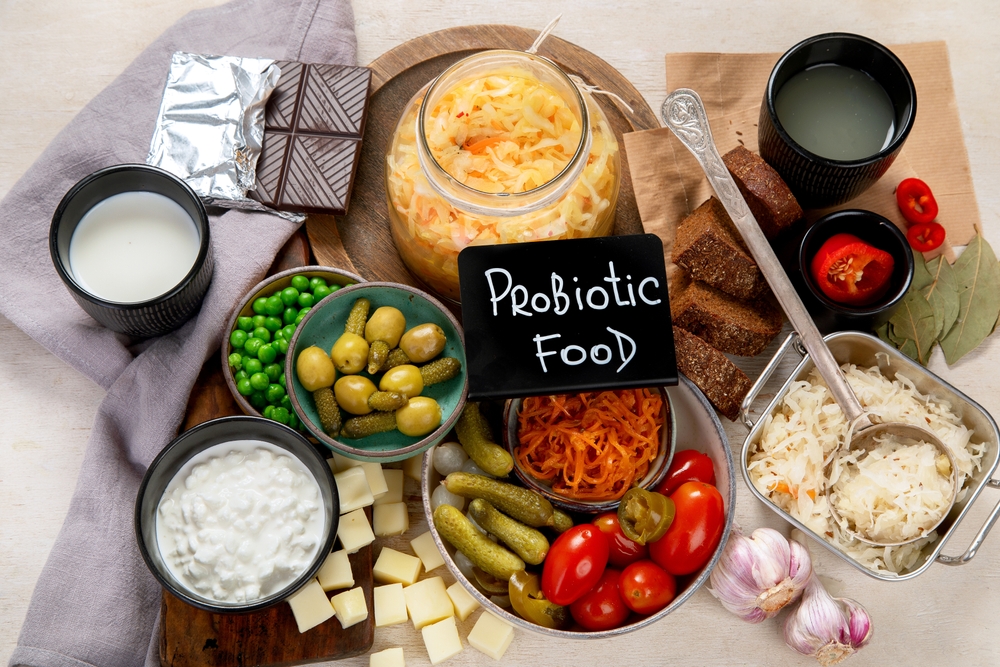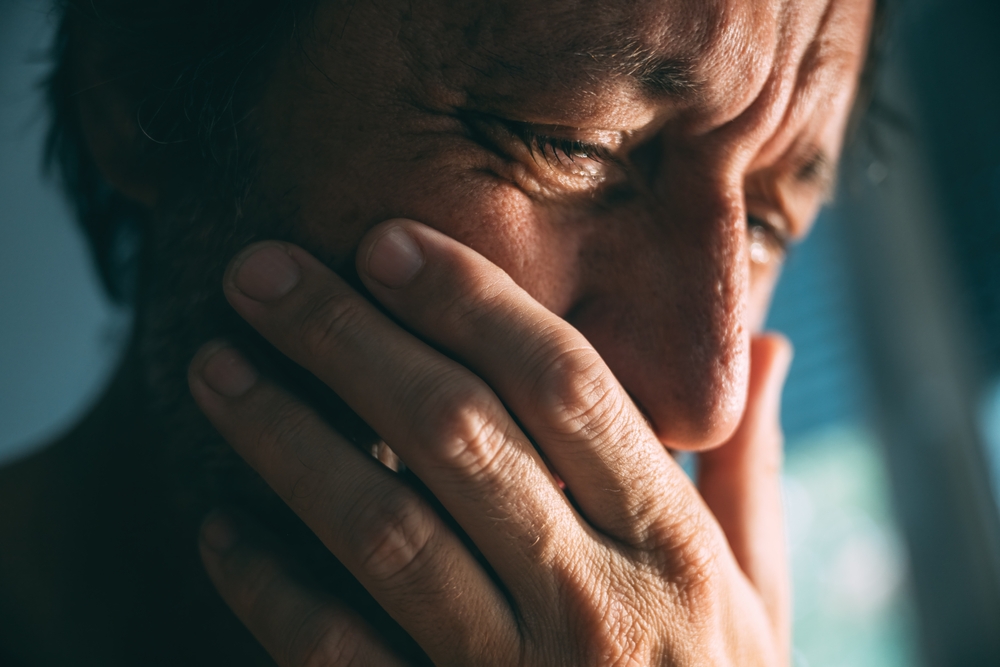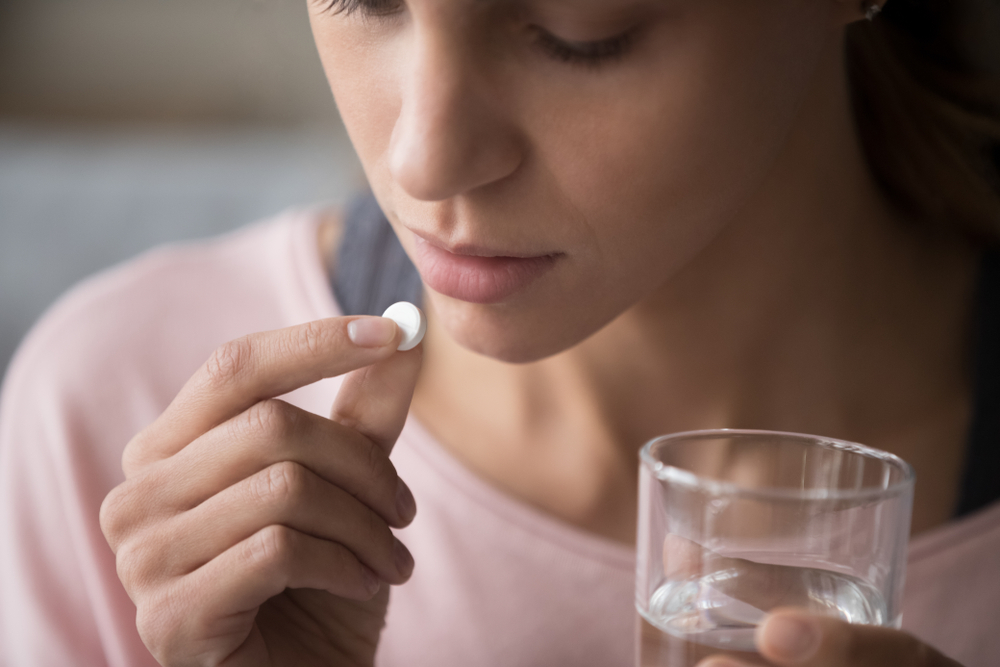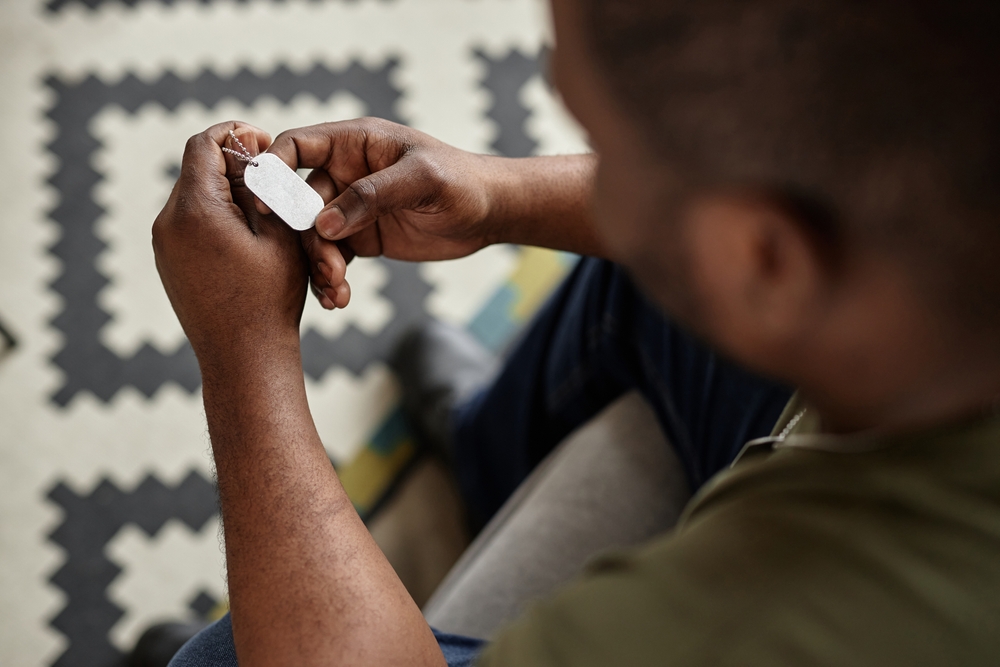Soulful Sobriety: Non-Religious Spiritual Paths to Addiction Recovery
For decades, addiction recovery has been tied to religion, particularly through programs like Alcoholics Anonymous (AA), which emphasizes surrendering to a higher power. But what if belief in God doesn’t resonate with you? What if you’re spiritual but not religious, agnostic, or recovering from religious trauma?
A growing body of research shows that spirituality in addiction recovery doesn’t have to be religious to be powerful. Studies have found that non-religious spiritual practices, like mindfulness meditation, service to others, and connection to nature, can reduce cravings, increase emotional resilience, and boost feelings of purpose during substance abuse recovery. These benefits are measurable on a neurobiological level, affecting brain regions tied to stress, decision-making, and self-control.
Let’s explore non-religious treatment options for drug and alcohol addiction, spotlighting alternative spiritual paths that honor your beliefs, values, and lived experience, with no religious doctrine required.
Redefining Spirituality: What It Means Without Religion

Spirituality often gets confused with religion, but they aren’t the same.
Spirituality in addiction recovery is about connection, finding purpose, inner peace, and self-discovery. It’s the quiet realization that you are part of something bigger, whether that’s the natural world, a loving community, or your inner growth. You don’t need a church, pastor, or sacred text to tap into that.
In fact, many atheists, agnostics, and trauma survivors say that non-religious spirituality gave them back the freedom to heal on their terms. For some, that means practicing mindfulness meditation. For others, it’s engaging in creative expression, spending time in nature, or simply learning to sit with themselves in silence.
And while traditional faith-based treatment programs like AA have helped millions, their spiritual language, especially the emphasis on a “higher power”, can feel alienating to those who don’t believe in God or organized religion.
That’s why alternatives to AA are gaining ground.
Why People Seek Non-Religious Treatment Options
According to the Substance Abuse and Mental Health Services Administration (SAMHSA), nearly 48.5 million people in the United States struggled with drug and alcohol addiction in the past year. And while Alcoholics Anonymous remains one of the most widely known support groups, it’s not a one-size-fits-all solution.
AA’s religious undertones—such as turning one’s life over to a higher power—can present barriers for people who:
- Identify as non-religious or spiritual-but-not-religious
- Have experienced harm or exclusion from religious communities
- Want a recovery model grounded in science, personal responsibility, and autonomy
As cultural norms shift and fewer Americans identify with organized religion, non-religious treatment options are becoming more visible and accessible, especially in regions like Central Texas, where community-driven recovery is gaining traction.
Alternatives to AA: Programs That Respect Your Beliefs
Thankfully, several alternatives to AA offer structured support without religious affiliation. These programs are rooted in science, empowerment, and flexibility:
| Program | What It Offers |
| SMART Recovery | A self-empowering program that uses behavioral therapies and cognitive tools to manage cravings and promote long-term sobriety. Available through online meetings and in-person groups. |
| The Sinclair Method | Combines FDA-approved medication (like naltrexone) with intentional drinking to retrain the brain’s reward system—often reducing alcohol cravings over time. |
| Oar Health Program | A modern approach that offers telehealth, medication support, and digital coaching for those who want to moderate or quit alcohol. |
| CBT (Cognitive Behavioral Therapy) | A core component of many health services, CBT helps individuals identify and shift harmful thinking patterns that contribute to substance use. |
| Moderation Management | Offers tools for those who aren’t ready for full abstinence but want to reduce harm through mindful drinking and behavioral change. |
These non-religious treatment options provide structure and support without relying on faith-based models. And the best part is that most of these programs are accessible through online meetings. So you can join from wherever you are.
How Non-Religious Spiritual Practices Promote Sobriety

Just because you're not religious doesn't mean you can’t have a spiritual life. In fact, non-religious spiritual practices often help people rebuild their identity, increase resilience, and find calm during the ups and downs of recovery.
Here are several practices that support substance abuse recovery without invoking a higher power:
1. Mindfulness Meditation
Mindfulness trains your brain to pause, observe, and respond rather than react. It’s been shown to reduce cravings, lower anxiety, and improve emotional regulation. A 2014 study in JAMA Psychiatry found that mindfulness-based relapse prevention was as effective—if not more so—than traditional programs in preventing relapse.
2. Nature-Based Rituals
Spending time in nature, gardening, or practicing “forest bathing” can ground you in the present and foster connection without religious overtones. These experiences activate the parasympathetic nervous system, promoting calm and clarity.
3. Creative Expression
Art, music, writing, and dance help process complex emotions. They're not just hobbies—they're tools for spiritual exploration and emotional healing.
4. Service to Others
Volunteering or mentoring others in recovery fosters a sense of purpose. Helping someone else can shift your mindset from craving to connection.
5. Journaling & Reflection
Writing down your thoughts, goals, or reflections can uncover inner truths, track progress, and clarify what matters to you.

Science Behind Spirituality and Recovery
Spirituality, religious or not, activates the brain’s default mode network, which is linked to introspection, empathy, and self-awareness. A study from Columbia University found that people who engage in spiritual practices (even secular ones) show greater gray matter volume in regions associated with emotional regulation and reduced stress.
These neurobiological changes help explain why people who find purpose, community, and inner calm are more likely to stay sober. In other words: spirituality works, even without religion.
How to Build a Personalized Spiritual Practice in Recovery
Creating your own spiritual path is empowering and deeply personal. Here are a few steps to get started:
- Define what spirituality means to you: It could be connection, peace, meaning, or growth. Your definition matters more than anyone else’s.
- Experiment with different practices: Try mindfulness meditation, journaling, nature walks, or online meetings with support groups like SMART Recovery.
- Find your community: Whether online or in-person, connecting with people who share your values can reinforce your healing.
- Set small, meaningful rituals: Light a candle before journaling. Take a tech-free walk each morning. These moments help build consistency and intention in your daily routine.
- Revisit and revise: Your spiritual path will evolve. What worked at the beginning of your recovery might shift as you grow. And that’s okay.
Health Services Are Catching Up
In recent years, more health care providers in the United States have recognized the need for non-religious treatment options. Many now offer:
- Behavioral therapies rooted in science
- Secular counseling and peer-led groups
- Access to online meetings for flexibility and privacy
- Personalized plans that honor your beliefs and background
If you’re looking for a treatment program that respects your values and empowers your recovery journey, More Than Rehab is leading the way. With offices in Central Texas, More Than Rehab recognizes that sobriety isn’t one-size-fits-all—and that includes offering evidence-based care for those who prefer a non-religious path to healing.




























